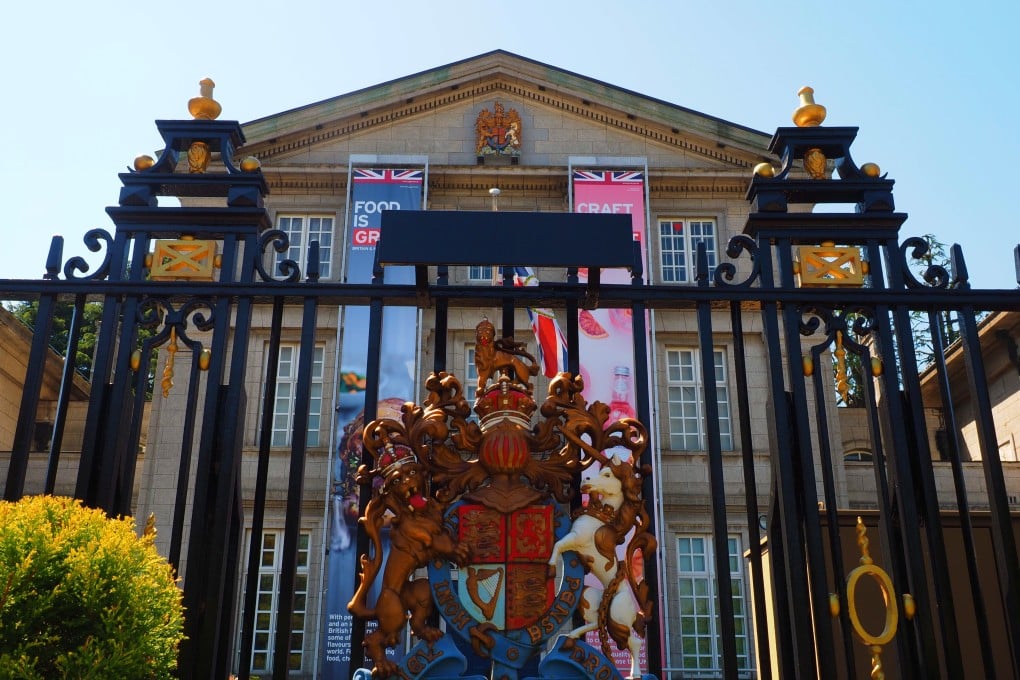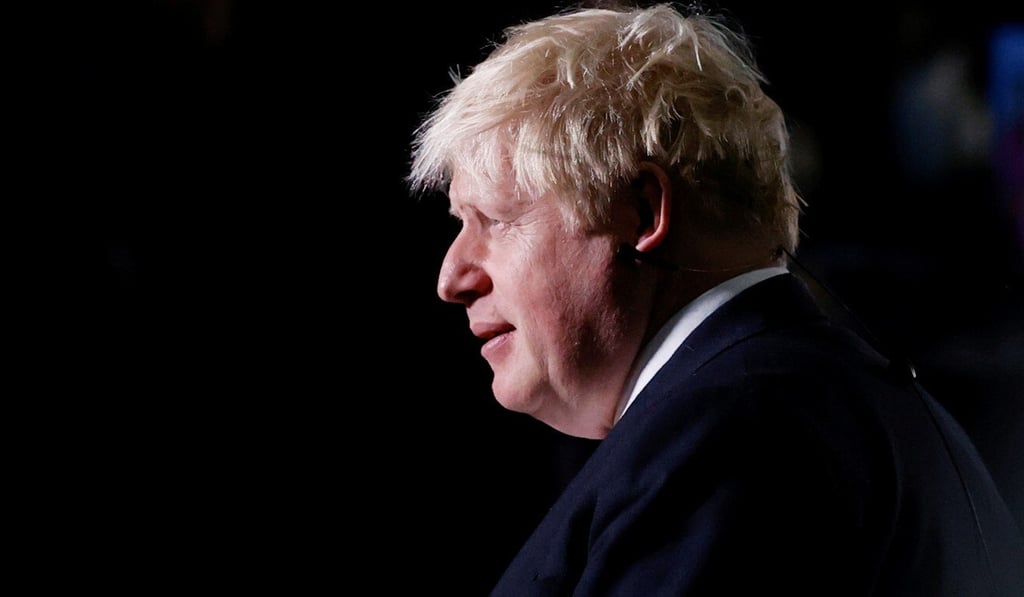Britain sells part of Tokyo embassy compound near imperial palace for luxury flat development
- UK’s sale of part of the building likely includes deputy ambassador’s residence and swimming pool
- Proceeds will go to solar panels for Tokyo compound, and upgrading embassy in New Delhi

The British government is selling a sizeable portion of its embassy in Japan for redevelopment into luxury flats and hopes to use part of the sale proceeds to upgrade the rest of the Tokyo compound and its missions elsewhere in the Indo-Pacific region.
The Foreign, Commonwealth and Development Office in London said proceeds of the sale would go to upgrades to the Tokyo compound, including making it “more modern and sustainable ... through solar panels and improving energy efficiency”.
Some of the cash will also be used to enhance diplomatic facilities elsewhere in the Indo-Pacific region, including the embassy compound in New Delhi.

There has been no confirmation on how much money the British government will receive or the exact size of the plot of land being sold, but it is understood to be the southern end of the compound currently occupied by the deputy ambassador’s residence, staff accommodation, gardens and the embassy swimming pool.